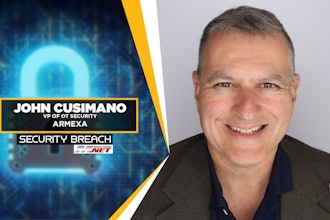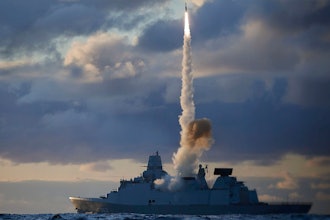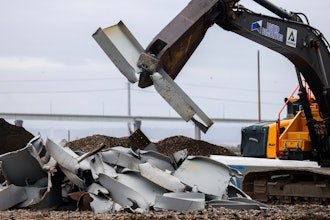Typically, if there’s demand, someone will figure out how to supply a product. However, in the case of a key naval defense asset, even a contract that has grown by more than to 50 percent in three years, reaching $264 million, wasn’t enough demand to justify continued production.
The eight-pound, three-foot long sonobuoy is described as an expendable, waterborne sensor that is deployed by the hundreds from P-8 surveillance aircraft and MH-60R Sea Hawk helicopters to detect enemy subs. The Department of Defense budgeted for 204,000 of the units in 2020. These detection units have become increasingly important due to the growing fleet of silent submarines being developed and deployed by Russia and China. These small, battery-powered units allow ships and submarines to keep their distance from enemy subs.
The U.S. military sources the sonobuoy from a single company – ERAPSCO, which is a joint venture between contract manufacturer and designer Sparton Corporation of Schaumburg, Illinois, and electronics engineering firm Ultra Electronics, of Middlesex in the United Kingdom. While a single supplier offers a number of procurement efficiencies, it can also produce risk. In this case, that risk is Sparton’s financial instability.
Ultra tried to buy the company in 2017 but the Department of Justice felt it violated antitrust laws. This led the company to be purchased by a private equity firm last year.
In its’ latest annual report, Sparton basically stated the resources required to make ERAPSCO viable weren’t worth the effort, meaning it wouldn’t be able to meet the Navy’s ongoing needs for the sonobuoy. According to a report from DefenseNews.com, ERAPSCO was set to be dissolved by 2024.
With neither company capable of making the necessary investments to produce the sonobuoy independently, President Trump signed a memo in March that invoked the Defense Production Act. It allows the DoD to provide financial support to ensure production of products deemed essential to national defense.
So, supply should be able to match demand for the short term, but a long-term solution is still needed. The Air Force, to its credit, has issued a solicitation to find suppliers beyond ERAPSO. Depending on your perspective, its’ a problem and an opportunity.






















